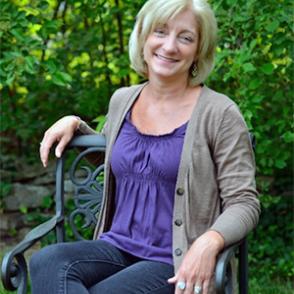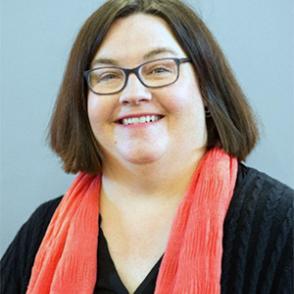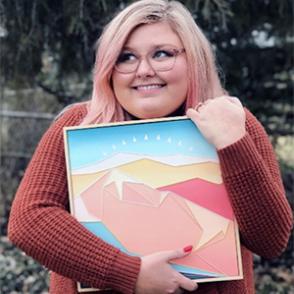
Tell us a little bit about your business.
I do relationship counseling with couples, and often their issues are the result of infidelity and a breakdown of trust. I’ve been in business for six and a half years in West Chester, Ohio, a suburb of Cincinnati.
Have you seen an uptick in people seeking out your services because of coronavirus effects and social distancing measures?
It’s stayed pretty consistent because I have the capacity to still talk to people who want to switch to phone or video sessions. I also have people who are willing to come into the office. I'm just doing that with more sanitizing and social distancing. I have my office set up where I am farther away and not sitting right up close. I don't greet them at the door. I stagger my appointments, so when people come in, they're not waiting in the waiting room.
Social distancing orders have caused a lot of stress with families and with couples. It’s interesting because, at first, it almost seemed like the stress was so big and so new, and they knew that they couldn’t control it, so it made everything else in their lives seem not as important. They kind of banded together against this big pain. They were like, “OK, we can do this.” But as it’s dragged on, people continue to be stuck together and they get irritated with each other and it gets a little more stressful. And I also find that there's some grief that goes along with this. I have people who feel loss for their graduating seniors, and people who feel loss for vacations that they were going on.
What kind of role did Ohio University play in your career as a business owner?
Interestingly, my undergraduate degree from OU is in business marketing, so my degree from Ohio University has helped me become a businessperson more than it’s helped me become a therapist. I went on to get my master's degree at the University of Dayton. A lot of therapists don't have a lot of business acumen; it's a very different thought process. So, I’ve found it to be an advantage to have my business degree from OU to help me in my counseling business. And, on the other side of it, I learned a lot about life and a lot about relationships at OU. My husband is also a Bobcat, and he has his marketing degree from OU as well, so everything I learned, and continue to learn really, through my relationship with my husband becomes very valuable for me to draw on with my work.
Counseling is, in a lot of ways, a right-brained thing. I use a lot of intuition, a lot of interpersonal communication, and a lot of caring and compassion But in marketing there’s more of a focus on left brain activities like knowing how to market yourself with an intent to grow your business and an intention to find customers, which isn't something that counseling people really learn how to do in their studies. The accounting, the finances, the structure of my business, those are the kind of things I learned at OU.
How did you find out about the Bobcat Neighborhood, and what prompted you to join?
I think I saw it on the Facebook group, “You know you went to OU if,” and I thought it was a great opportunity to be recognized as someone who is a business owner and a Bobcat. It’s not only a great way to promote my own business but to kind of let the public know how they can support the alumni network by shopping at stores or enlisting the services of businesses that are alumni owned.
What advice would you offer to fellow Bobcats who are thinking about starting their own business?
I guess the thing that comes up for me is that as you're graduating, you don't need to know exactly what you're going to do. Your life will unfold as mine did. I changed my career direction at age 40. I was in marketing, so I was in the business world, and then I was a stay-at-home mom for a while and then just decided to do something completely different. So, you don't have to know right now. And, if you do want to start your own business, I think you should remember to put yourself out there and take the risk because you won’t see any of the potential rewards if you aren’t able to wrap your head around the fact there will be risks upfront.




